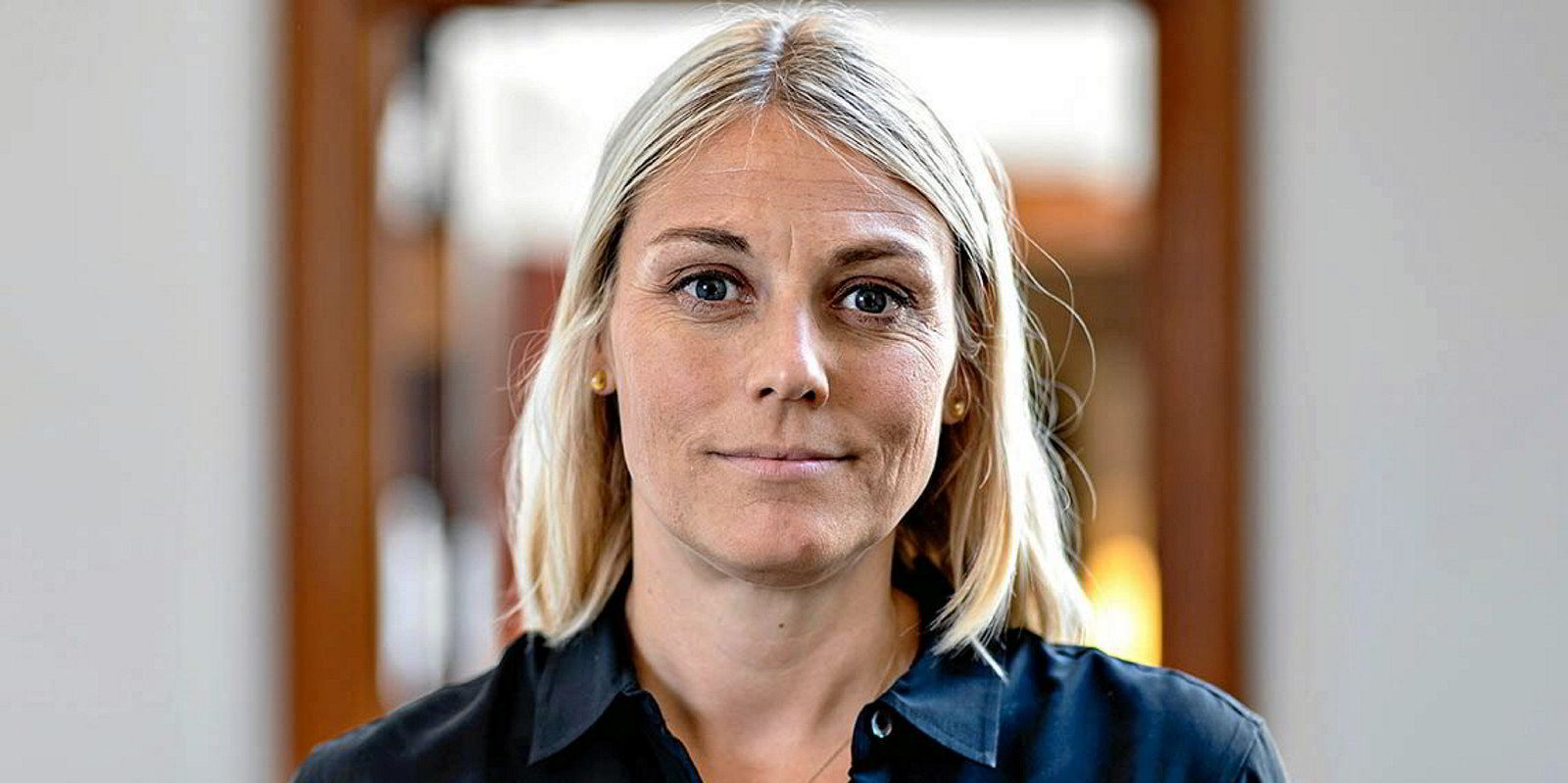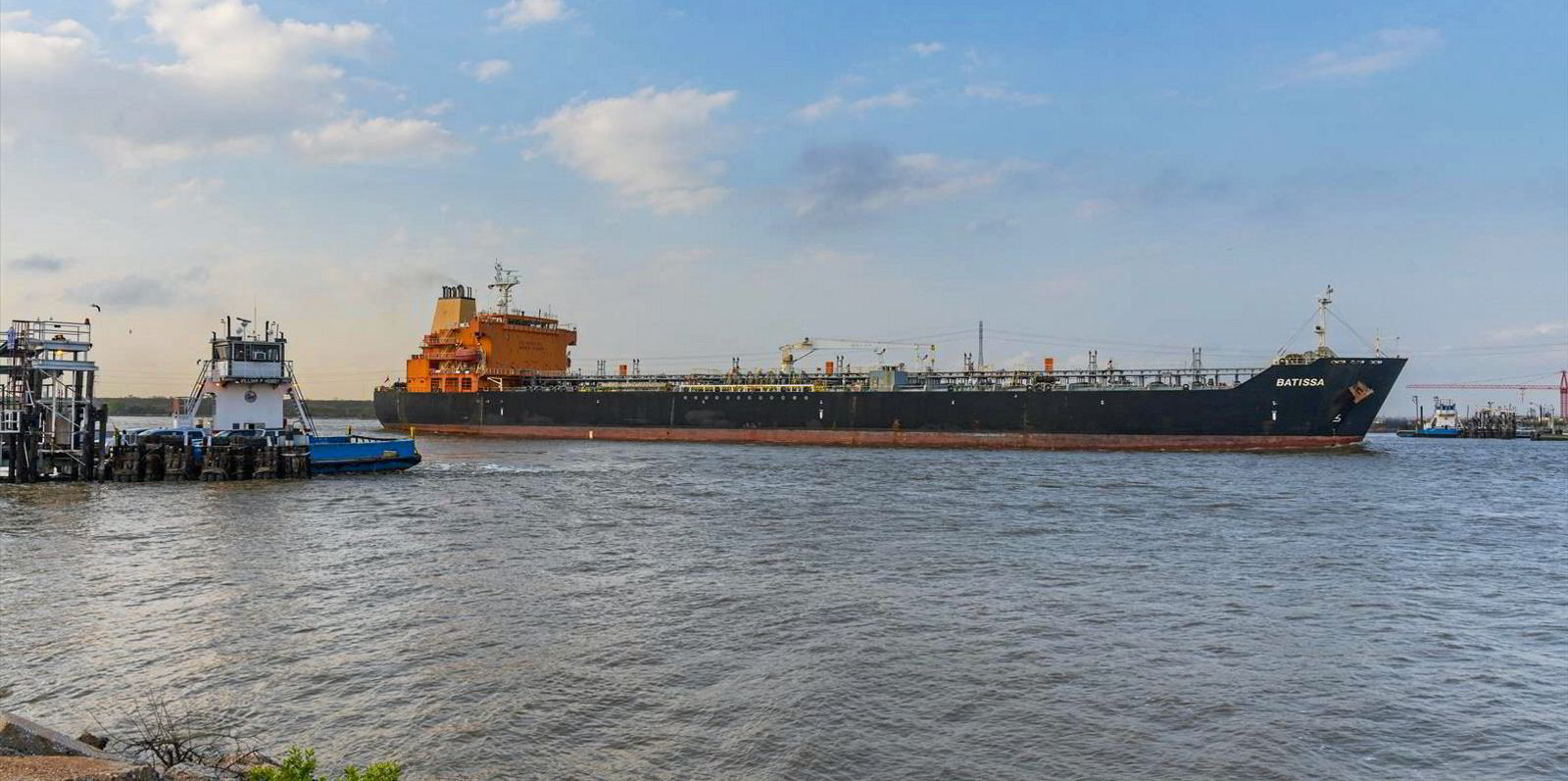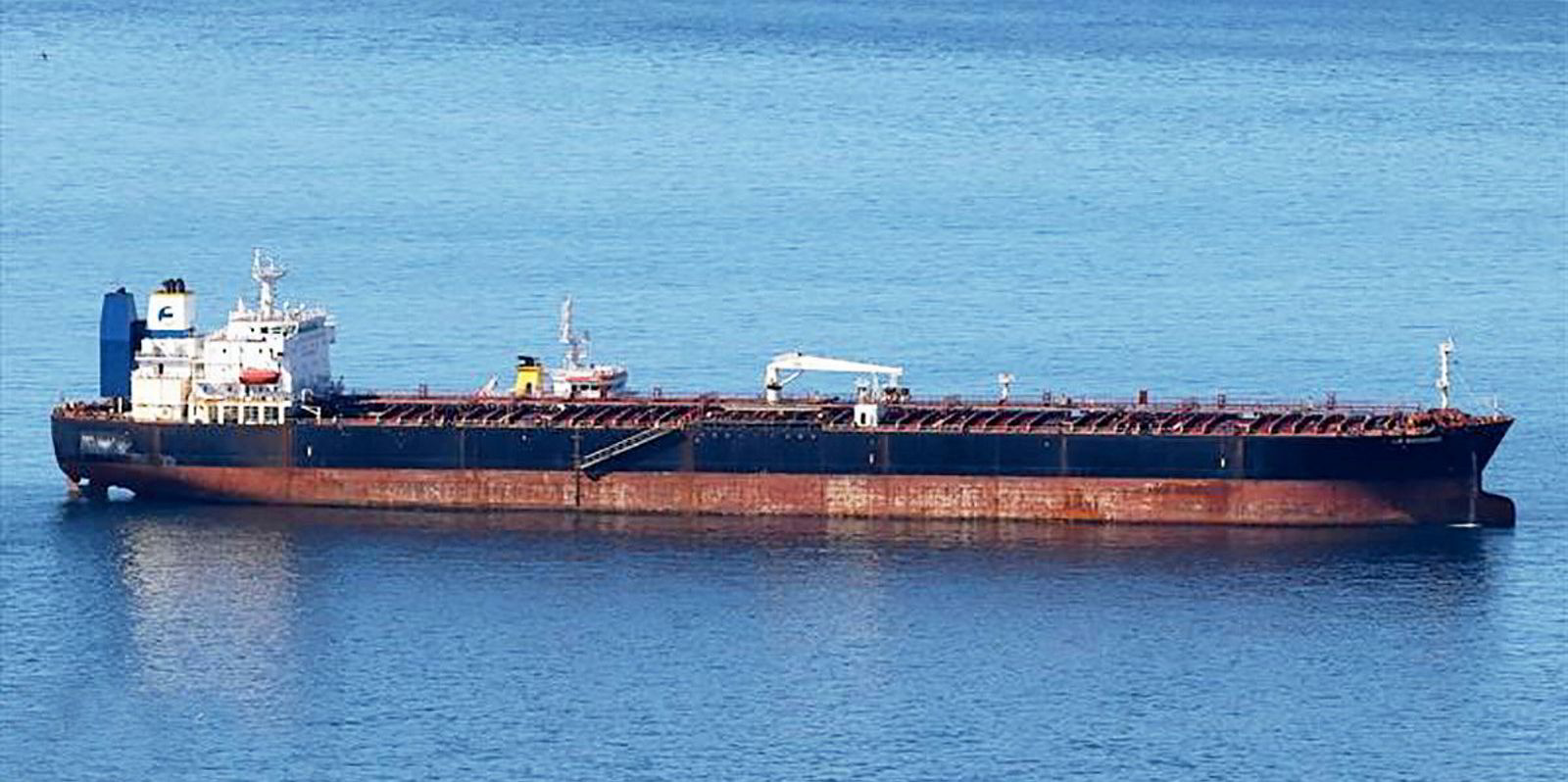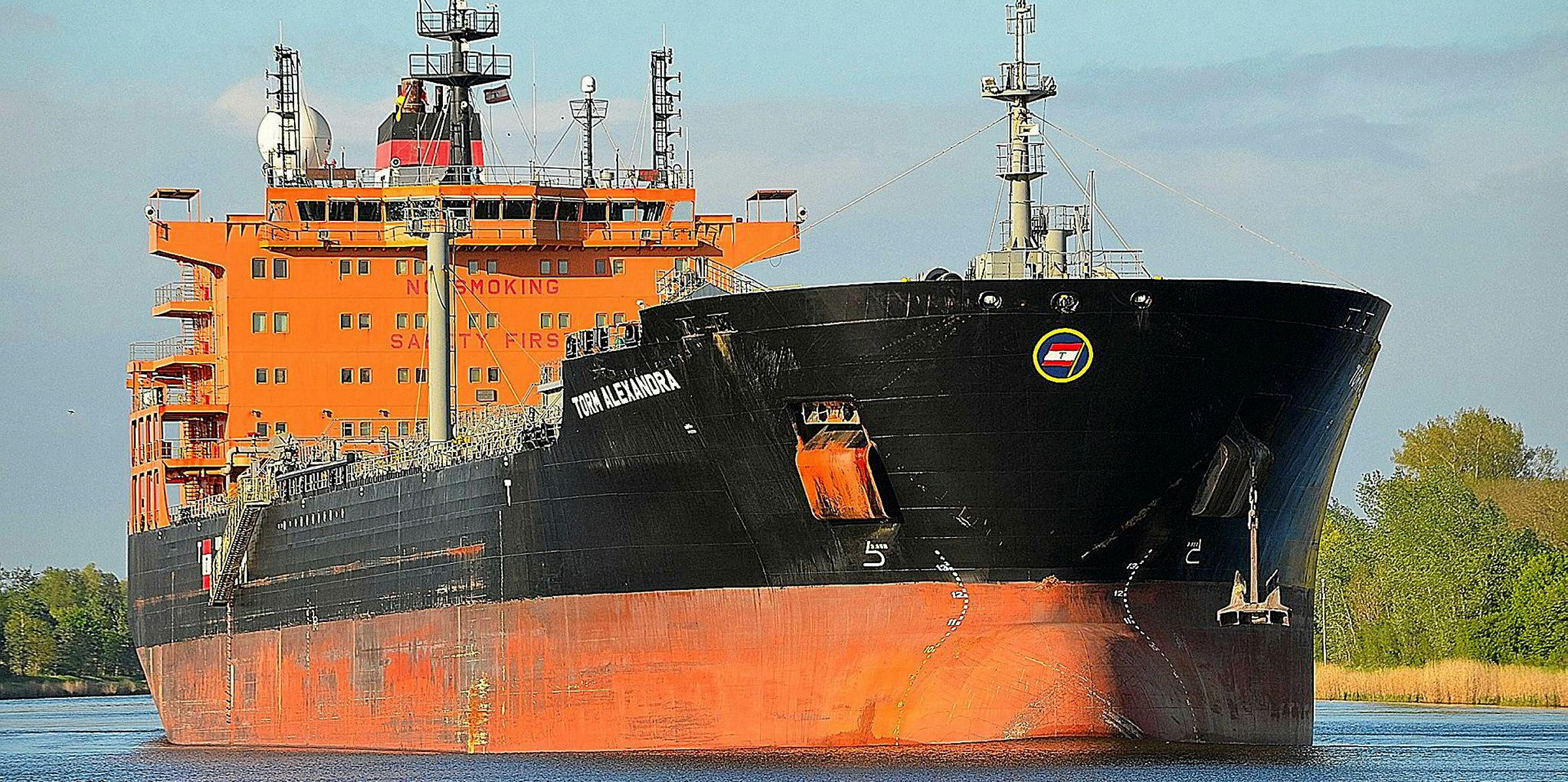The Danish government is trying to assemble an international coalition to combat the increasing risk of piracy in the Gulf of Guinea.
The effort is being spearheaded by defence minister Trine Bramsen. It comes after she met Anne Steffensen, chief executive of shipowners' organisation Danish Shipping, this week to hear the industry's concerns.
Six tankers have been attacked in the West African region in the past week, with Danish owner Torm's 50,000-dwt MR tanker Torm Alexandra (built 2010) among them.
Steffensen told TradeWinds: "We are very, very concerned. The Gulf of Guinea has developed into a hot spot for piracy when it comes to kidnappings."
"This is getting worse because the weather is getting better. There will be more attacks in the next days and weeks and probably months."
Steffensen warned: "The threat for our seafarers is getting more real by the day."
The recent attacks on tankers have failed due to crew making it to secure citadels, while calling for help from local or international naval forces.
But Steffensen said citadels alone are not enough.
Twin-pronged strategy
"What we need is a two-legged approach," she said.
The first strand has to be capacity-building locally, with the emphasis on Nigeria and other countries to step up their efforts.
"But we also need an international coalition of the willing, to have a presence — and hopefully a military presence — in the region," Steffensen added.
"We have discussed for years that this is a problem within territorial waters, but what we've seen lately, and including with the Torm Alexandra this week, is that this was far out in deep waters."
The Danish tanker was boarded 300 km (186 miles) from the coast.
In the end it was an Italian naval ship that responded and sent a helicopter to scare away the pirates.
Help at hand
"It helped to have naval units in the area to deter the pirates and show our seafarers that there is help not too far away if they are attacked," Steffensen added.
A French naval vessel is also known to have been in the region sporadically recently.
Steffensen said Bramsen "is very keen [to see] if she can be instrumental in putting together an international coalition".
"I hope that other countries will step up to the plate and join forces, just as they have done in the Strait of Hormuz," the Danish Shipping CEO said.
The minister has already reached out to some European partners in the Hormuz coalition, Steffensen added.
"There is no one country that can solve or handle this situation alone. You should never walk alone here," she said.






